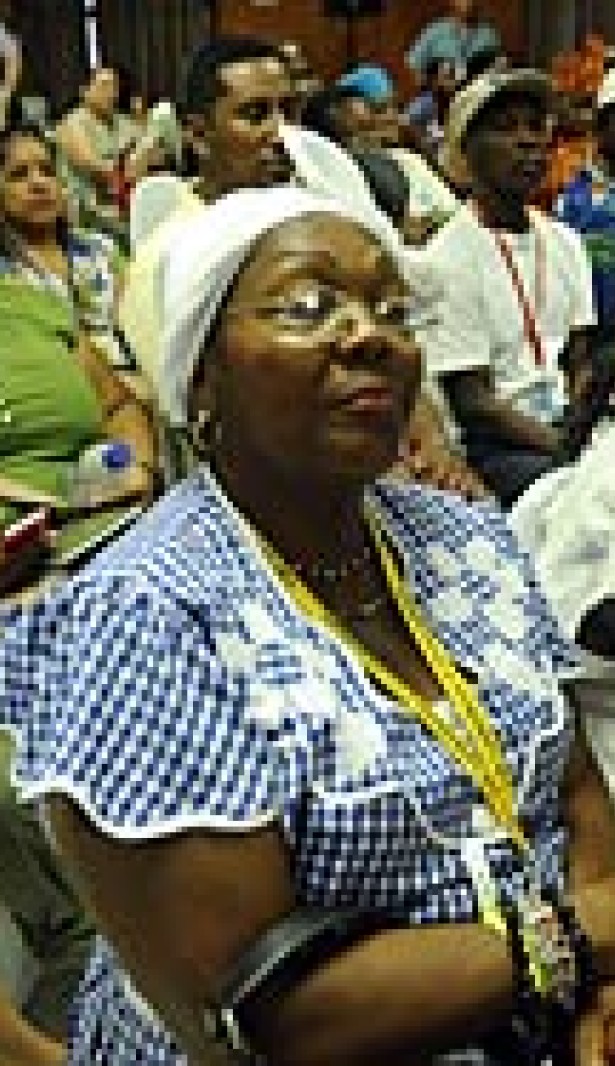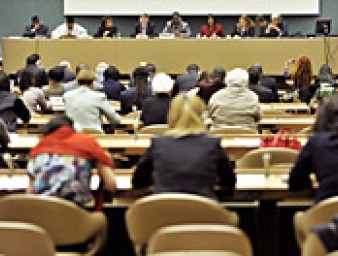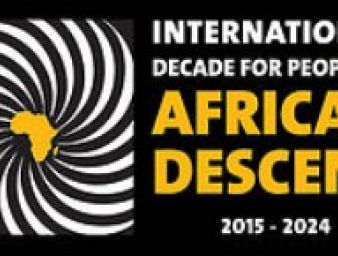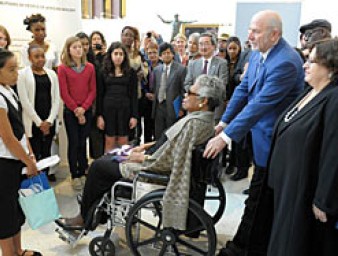UN expert group calls for the recognition of people of African descent
09 October 2013
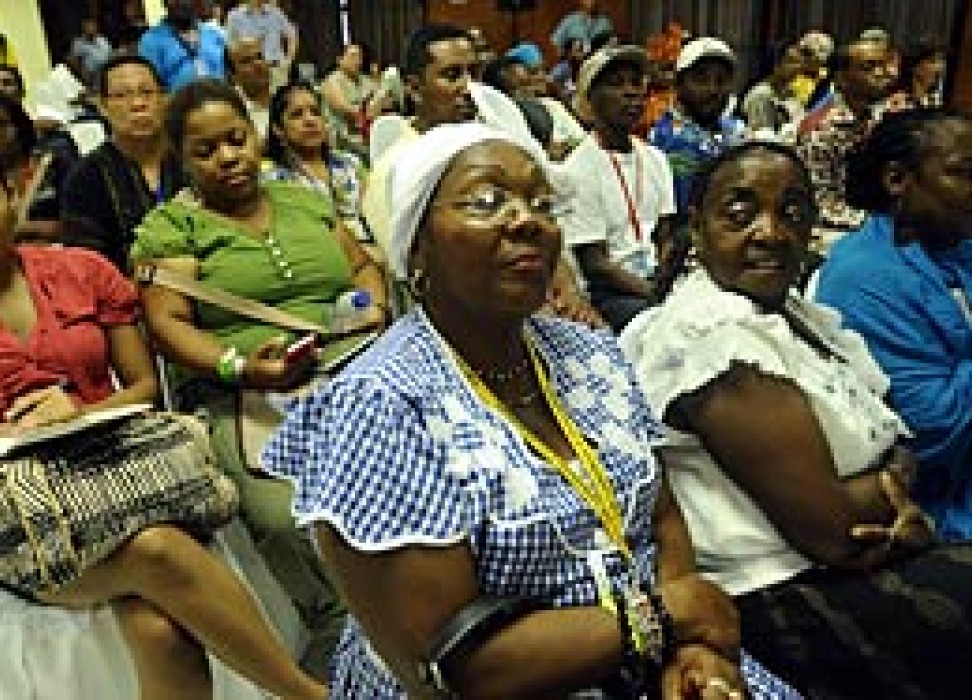
The Working Group of Experts on People of African Descent presented its latest report to the Human Rights Council in Geneva. The main focus of their report, recognition through education, cultural rights and data collection for the promotion of racial equality, were also suggested focus areas for the International Decade for People of African Descent the experts have supported.
“People of African descent must be recognized in national constitutions, legislation, in public life, the media, through education and awareness-raising measures,” said Mirjana Najchevska, member of the Working Group of Experts on People of African Descent. “Recognition should start with education.”
Najchevska noted that millions of people of African descent were prevented from extracting themselves from historical exclusion and discrimination because of their disproportionately unequal access to quality education.
“Children of African descent often suffer silently when confronted by racist bullies at schools. Students should learn in an environment free from racist and hostile attitudes of teachers and peers. They should be protected from these acts, and perpetrators should be punished,” Najchevska said.
The report of the Working Group indicated that areas where people of African descent reside often offered poor education facilities and lacked proper infrastructure conducive to teaching and learning.
“States should go beyond building schools and put more emphasis on the ultimate goal of education: guaranteeing equal opportunities, equal achievement outcomes and social mobility,” Najchevska said.
The group of experts also highlighted that data collection was a key factor in overcoming the historical “social invisibility” faced by people of African descent; investigating cases of racial discrimination; and formulating and monitoring racial-equality policies at national, regional and local levels.
Najchevska emphasized that data collection to promote racial equality did not contradict the right to privacy as long as the data was based on self-identification, in accordance with human rights and fundamental freedoms and protected from misuse.
The report also recalled that multicultural education and dialogue could favour the elimination of sociocultural ideas inherited from the periods of slavery and colonialism endured by people of African descent.
The expert also raised the very serious problem of racial profiling, which is inextricably linked to high rates of police violence, arrests, imprisonment and discrimination against people of African descent in the justice system.
“For some, mainly young men of African descent, racial profiling can have lethal consequences,” Najchevska said.
A Decade for people of African descent will certainly contribute to overcoming these problems. A Decade would surely help in joining efforts by States, civil society and the international community in this long path towards true equality.
At the Council, the Working Group paid tribute to the “invaluable heritage of racial harmony and equality” of Martin Luther King whose landmark speech, "I have a dream", was pronounced 50 years ago.
9 October 2013
